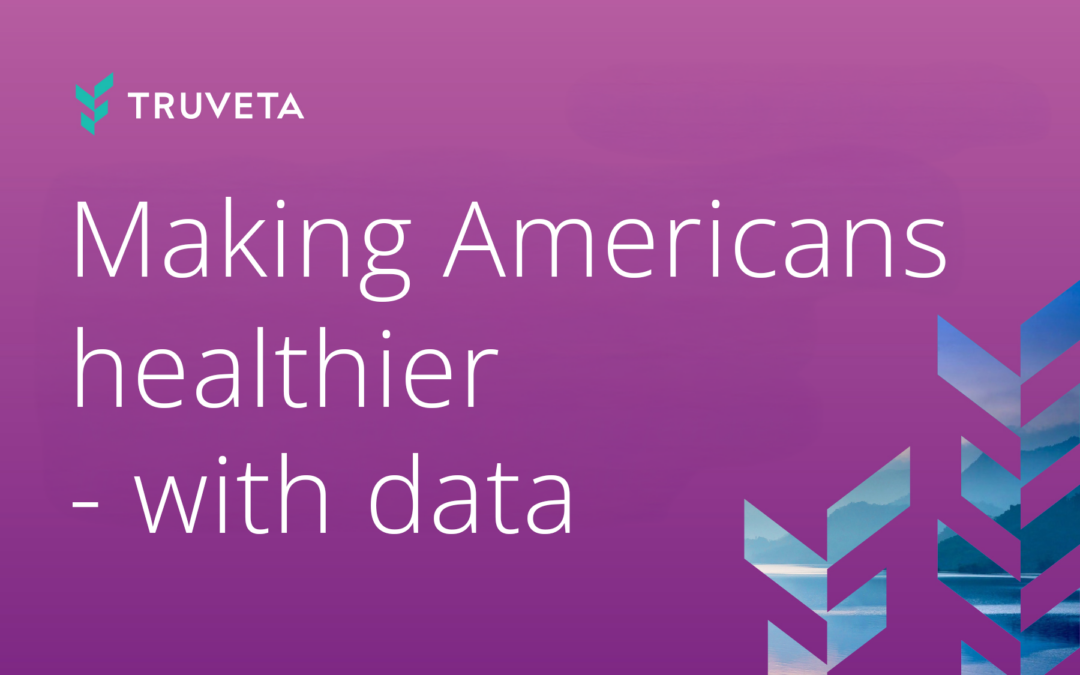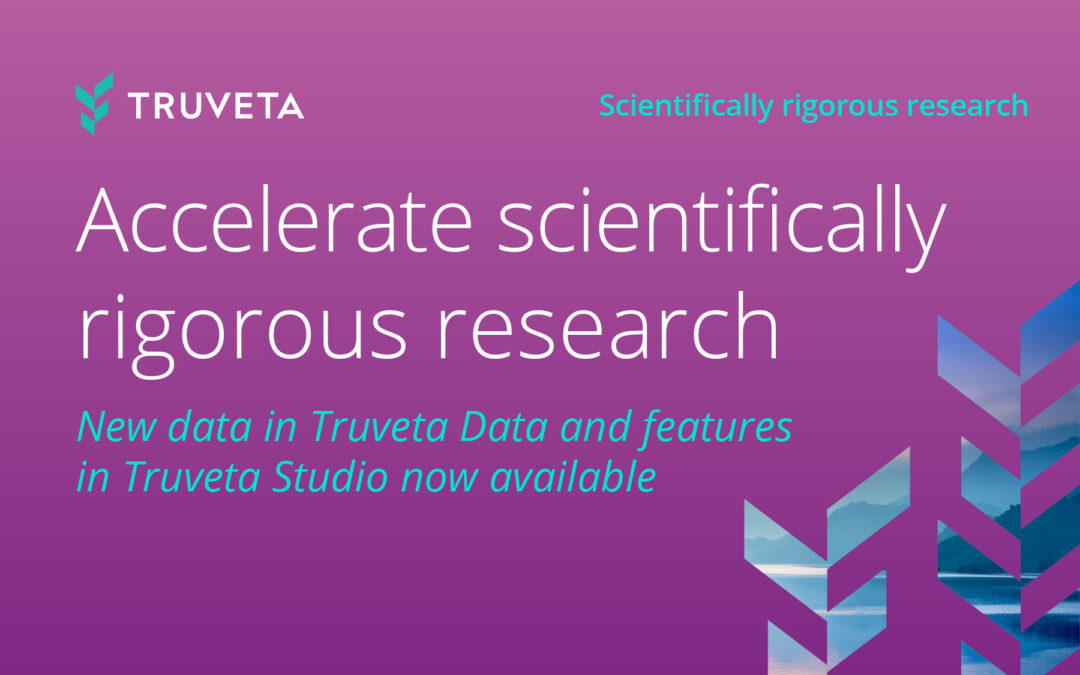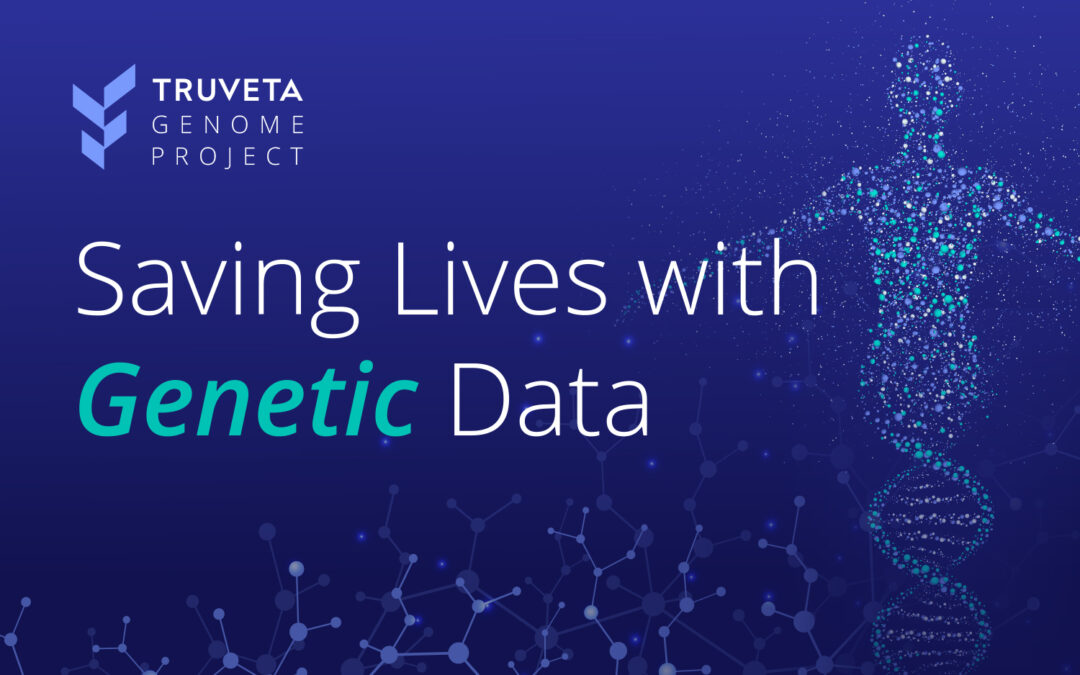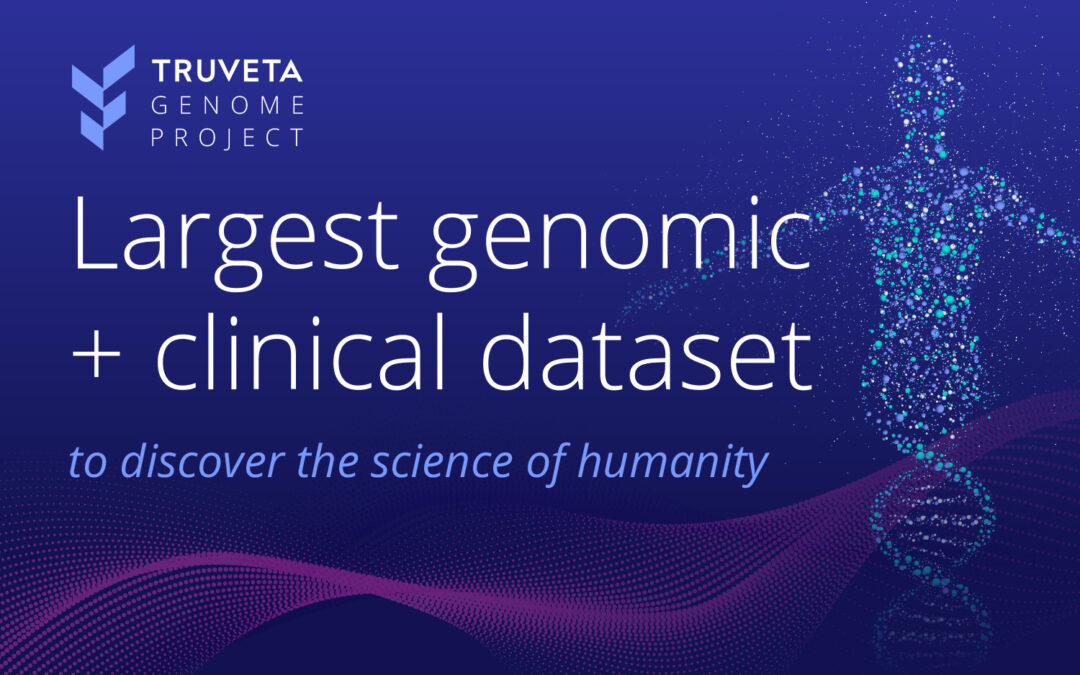Truveta delivers the most complete, timely, and clean electronic health record (EHR) data, including images, clinician notes, and labs from more than 30 health systems, empowering researchers with scientifically rigorous, fast, and compliant analytics. Truveta Data provides daily updated data from nearly 100 million de-identified patients in all 50 states from more than 800 hospitals and 20,000 clinics to provide a timely and representative view of patient care in the US.
Moderna to advance the clinical study of various rare diseases
Much of the data on rare diseases – such as disease stages, adverse events, medication change rationales, and disease symptoms – about rare disease patients are locked away in the clinical notes, making these data and clinical concepts challenging to access for medical research. Truveta uses advanced AI to extract and structure critical clinical concepts from notes so they can be analyzed alongside other critical, complete structured data from the EHR, like diagnoses and lab results, at the patient-level. Moderna will use these data to better understand patient journeys and identify potential new treatment pathways.











